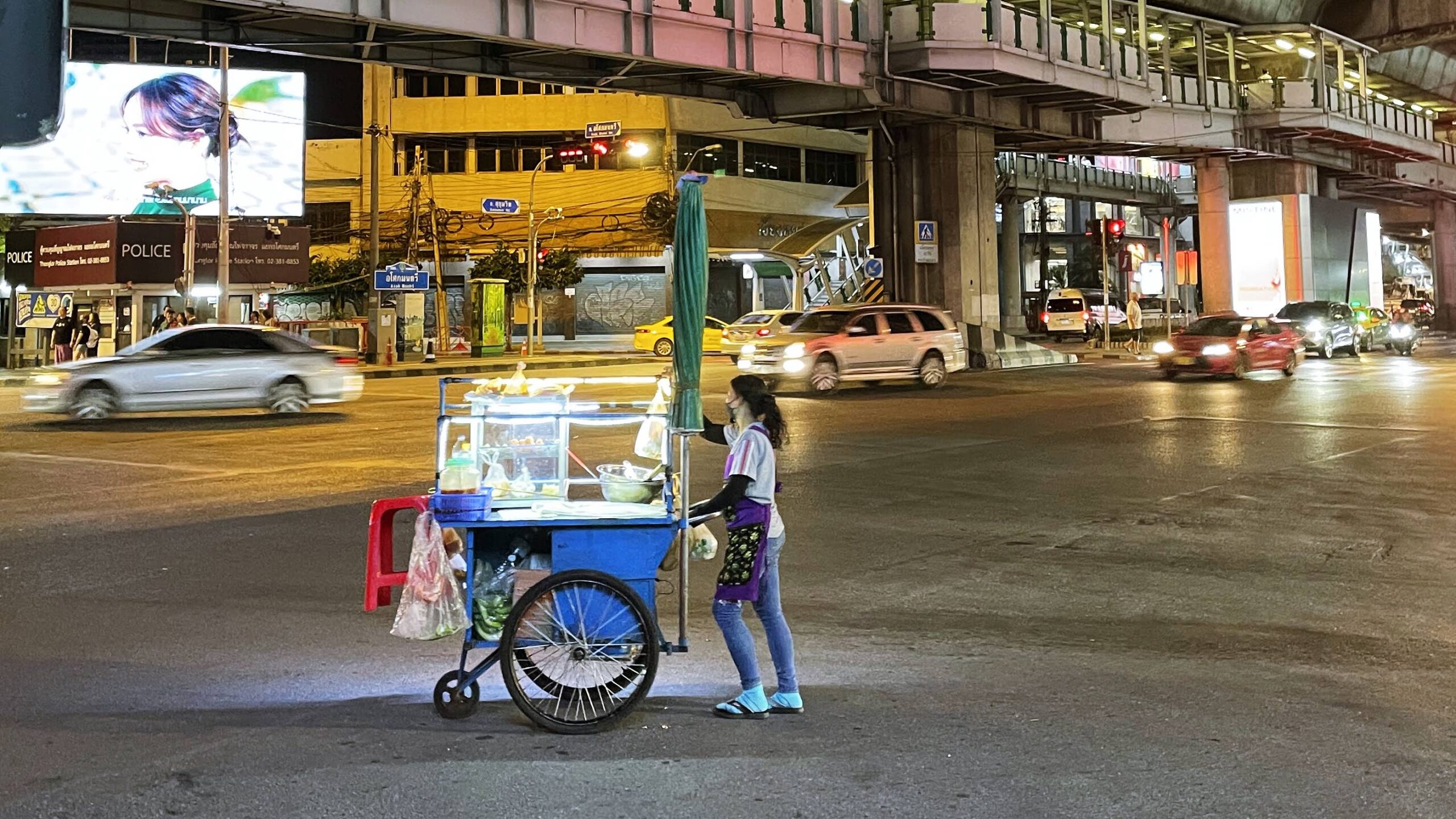Thailand plans to legalize casinos in 2025 to attract foreign investments, enhance tourism, and boost gaming revenue, positioning itself as a significant player in the global gaming market.
Key Points
- Thailand plans to legalize casinos in 2025 to attract foreign investment and increase tax revenue. The government is working on an “entertainment complex” bill, which will allow casinos within large venues, with expectations of initial approval by the Cabinet later this year.
- If passed, it could position Thailand as a major player in the global gaming industry, potentially generating up to $9.1 billion in gross gaming revenue, making it the third-largest market after Macau and Las Vegas. Prominent investors are showing interest in entering the Thai market.
- Proposed legislation includes required Thai registration for complex operators and significant capital investment. Initially, the government may issue five casino licenses in popular tourist areas, alongside other businesses like hotels and restaurants within the complexes.
Thailand is poised to legalize casinos by 2025, a strategic move aimed at attracting foreign investment and enhancing tax revenue, particularly in light of the nation’s burgeoning tourism sector. The proposed legislation, designed as an “entertainment complex” bill, would allow casinos to operate within large venues, thus creating an integrated entertainment experience. Prommin Lertsuridej, secretary-general to Prime Minister Paetongtarn Shinawatra, announced that the Cabinet plans to approve this bill before it is presented to both houses of parliament for consideration in the forthcoming year.
The legislative process is expected to be thorough, involving multiple readings in each chamber, and it could take up to six months for the law to pass. Although the bill’s passage is anticipated next year, further administrative steps will be essential before any casinos commence operations. Analysts from Citigroup posit that, if executed successfully, Thailand could emerge as a significant player in the global gaming market, potentially generating gross gaming revenue of USD 9.1 billion and positioning the country as the third largest market globally, trailing only Macau and Las Vegas.
Interest from major gaming operators such as Galaxy Entertainment Group and MGM Resorts International has emerged as they seek new opportunities, especially given the uncertain gaming landscape in Macau. The proposed framework stipulates that only Thai-registered companies with a minimum capital of 10 billion baht can operate these entertainment complexes, with licenses costing 5 billion baht in the initial year and 1 billion baht for subsequent years.
The report indicates that the Thai government may initially issue five casino licenses in key tourist destinations, including Bangkok, Pattaya, Chiang Mai, and Phuket. Despite stringent gambling prohibitions since 1936, a significant portion of the Thai populace engages in gambling activities, often traveling to neighboring countries to do so, underscoring a robust demand for regulated gaming opportunities within Thailand itself.
Source : Thailand aims to legalise casinos next year in win for global players




